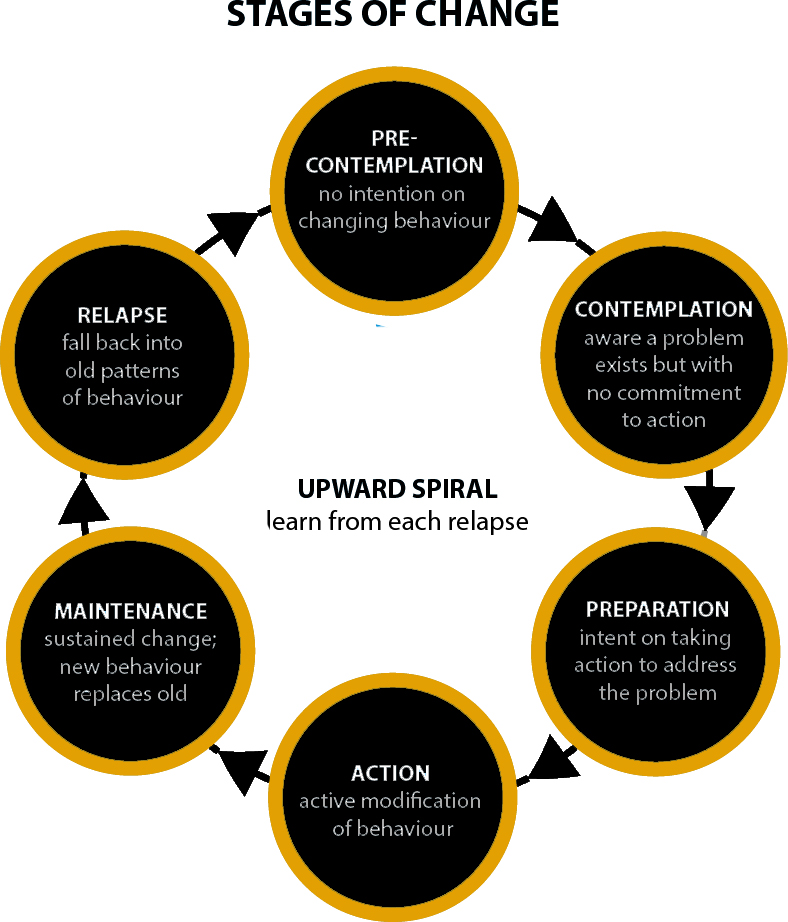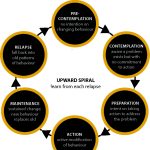Celebrate National Recovery Month with EMDR Transformations Counseling. Learn how recovery is possible through trauma-informed care and EMDR therapy.
Why Do We Recognize Recovery in September?
Every September, National Recovery Month shines a light on the millions of people walking the path of healing from substance use and mental health challenges. It’s a time to celebrate the strength of those in recovery, to support their loved ones, and to remind us that healing is possible.
The month exists because recovery deserves recognition—just like we honor awareness for physical health conditions, it’s important to create space to acknowledge and normalize recovery as a vital part of life.
What Recovery Really Means
Recovery is not a straight line. It’s a journey that unfolds in stages, often filled with both hope and struggle. Each of us faces hardships—stress, loss, trauma, or the weight of daily challenges—and these experiences can take a toll on our minds and bodies. Sometimes, coping turns into cycles that no longer serve us.
National Recovery Month is a reminder that we don’t have to stay stuck in those cycles. There is always hope, always a path forward, and recovery begins when we choose to take that first step.
The Stages of Change: Taking Responsibility for Growth
One of the cornerstones of recovery is understanding the stages of change—a model that helps us make sense of how people move toward healing.
The first stage is precontemplation, where someone might not yet see a reason to change. Next comes contemplation, when awareness grows, but ambivalence is strong—wanting things to be different, but also fearing what change may mean. In the preparation stage, people begin to plan and gather support, setting the groundwork for action. The action stage is where tangible steps are taken—trying new coping skills, seeking therapy, or making lifestyle shifts. Finally, maintenance is about sustaining those changes over time, finding ways to stay steady even when challenges arise.
It’s important to know that these stages aren’t always linear. People can move back and forth between them, and setbacks don’t erase progress—they’re simply part of the process. That’s why recovery calls for honesty, personal accountability, and compassion for yourself along the way. Choosing recovery is choosing to believe that healing is possible, and that you are worth the effort it takes.
How Therapy Supports Recovery
Therapy becomes a place where you can learn new skills, practice healthier coping strategies, and find strength you may not have realized you had. It is not just about fixing problems, it’s about building a foundation for lasting change, resilience, and growth. It gives people a safe space to explore, to heal, and to learn new ways of relating to themselves and others.
There are many therapeutic approaches that can support this journey. EMDR (Eye Movement Desensitization and Reprocessing) can be life-changing, helping to process traumatic experiences that fuel unhealthy patterns and release the hold of past trauma. CBT (Cognitive Behavioral Therapy) offers tools for challenging unhelpful thought patterns and building resilience. Other approaches, such as mindfulness-based therapies, somatic work, or emotionally focused therapy, can deepen healing and support change on both a cognitive and emotional level.
The important thing to remember is that you don’t need to know which approach is best—your therapist will guide you, knowing how and when to use the methods that fit your needs.
Recovery Is a Community Effort
Healing doesn’t happen in isolation—it grows through connection. Support from friends, family, communities, and therapists creates the foundation for lasting change. Couples or family counseling can open the door to healthier communication, deeper understanding, and stronger relationships.
When the entire system is part of the process, recovery doesn’t just support the individual—it allows everyone to thrive together.
A Message of Hope
Recovery is not about having it all figured out—it’s about taking one step at a time with the right support. Whether through therapy, community, or personal practices of self-care, you have the capacity to heal.
At EMDR Transformations Counseling, we are here to walk with you through that process. Using EMDR therapy and other trauma-informed approaches, we help you move past what holds you back so you can step into the life you deserve.
This National Recovery Month, remember healing is possible—and you don’t have to do it alone.
Grace Judd is a LAMFT and trauma-informed therapist at EMDR Transformations Counseling. She specializes in working with couples, individuals, and families, including children ages 6 and up, teens, and adults. Grace is dedicated to creating a safe, supportive space where clients feel heard and understood as they navigate life’s challenges. She uses a holistic, client-centered approach that integrates EMDR, CBT, DBT, and Emotionally Focused Therapy to help clients build stronger relationships, develop effective coping strategies, and find lasting healing.
At ETC, Grace and her team offer trauma-focused EMDR therapy for individuals, couples, and families, as well as specialized services for first responders. They provide a compassionate and supportive environment where clients can heal, grow, and achieve lasting change.







